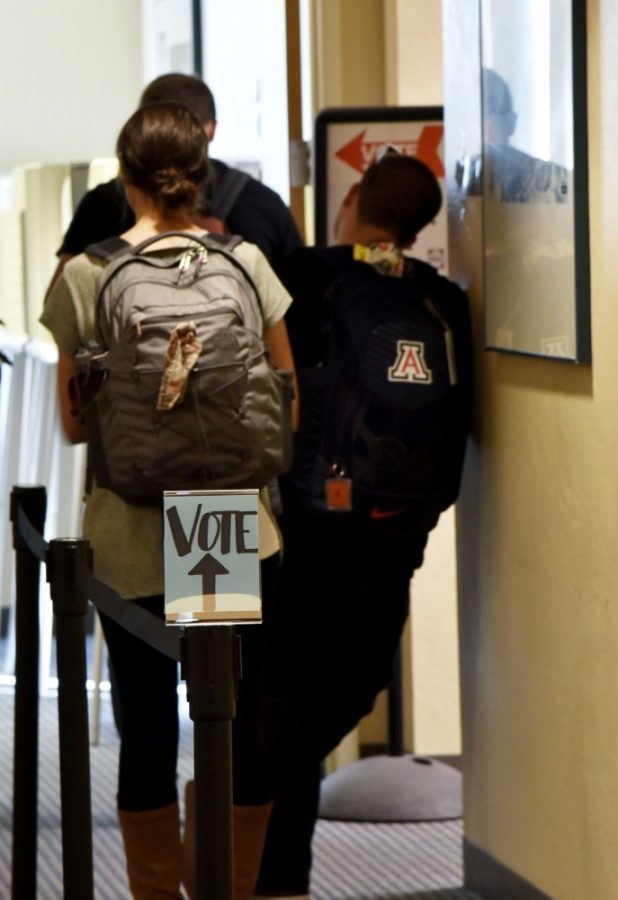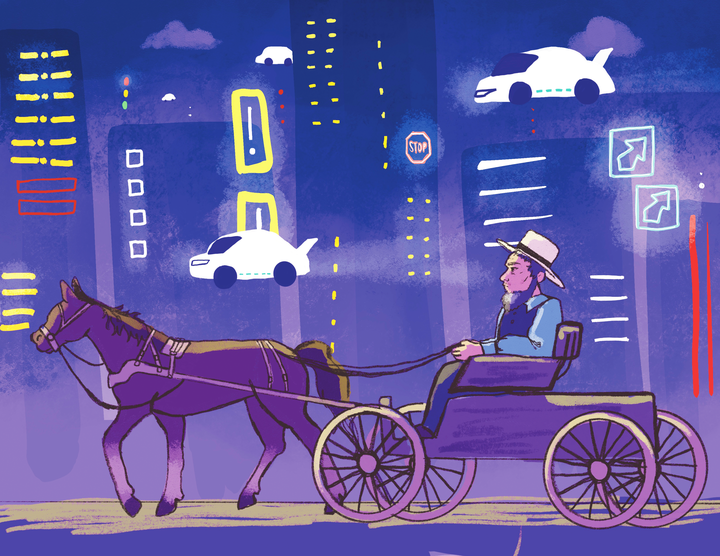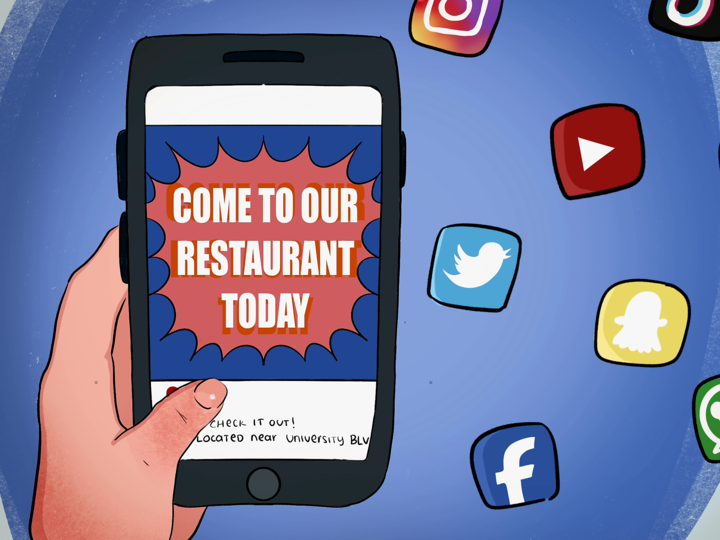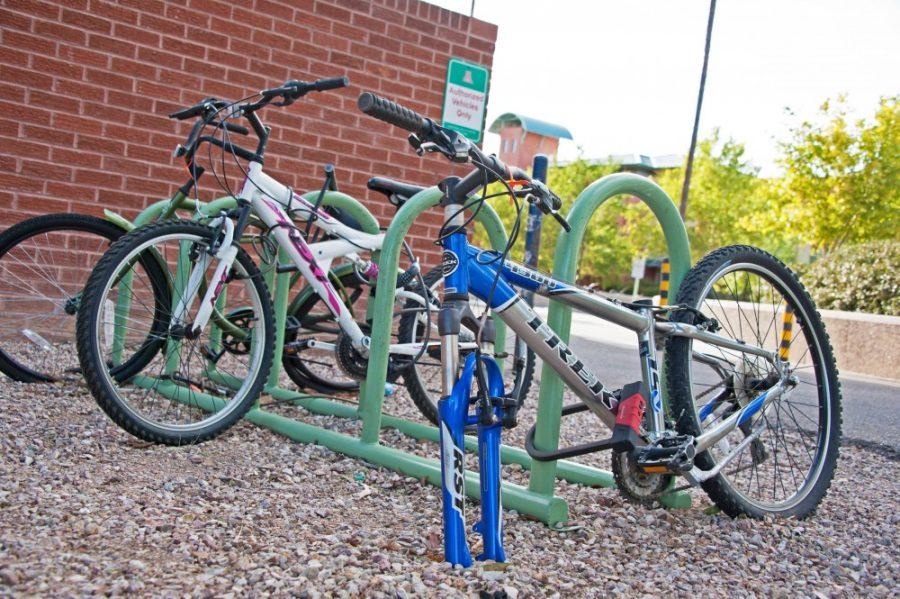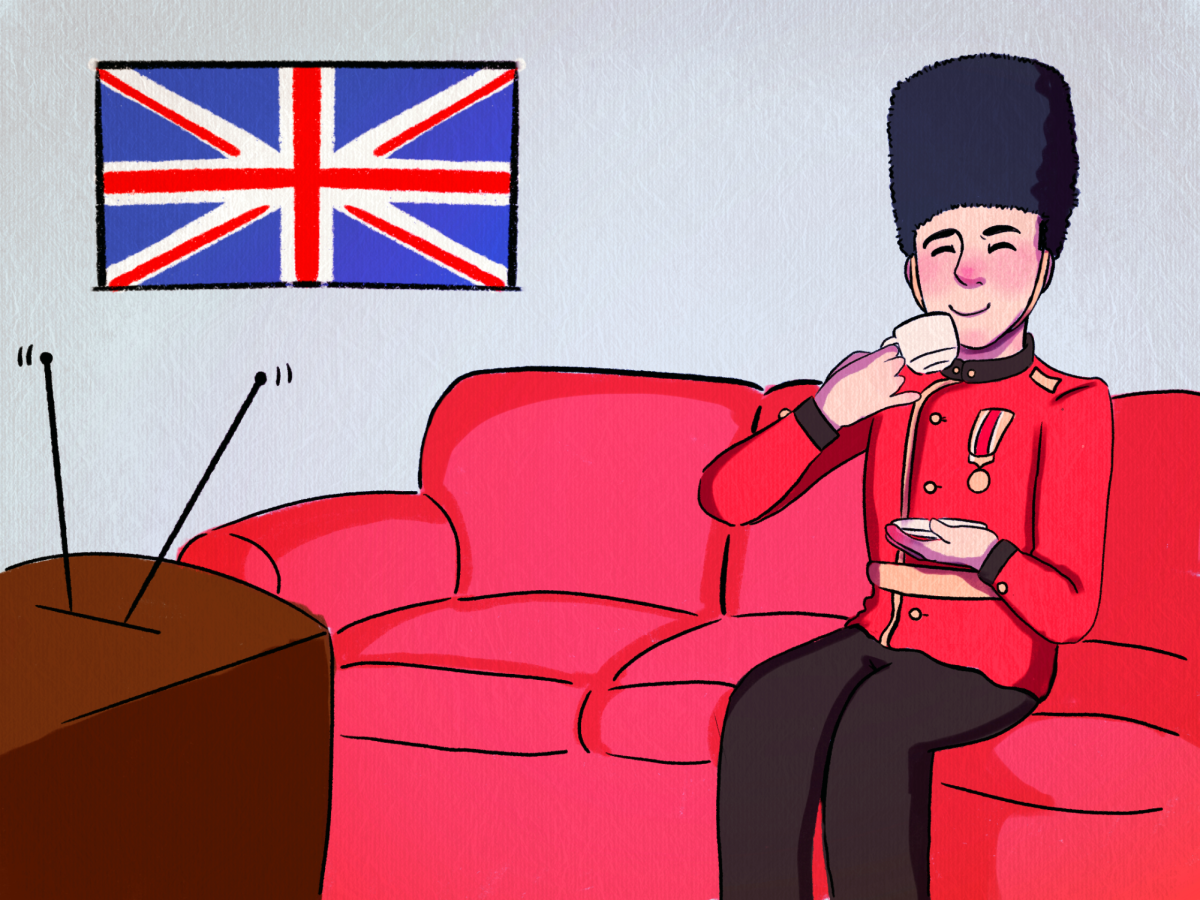Early voting is one of the greatest conveniences of the modern political system, allowing the working and the lightly energetic to take only a few minutes out of their day to have their voices heard at the local, state and federal levels. This replaces when the only option was the required detour before or after work to stop at a polling station and wait in line just to choose between two candidates you’ve never heard of for a position you never knew existed.
Today, we can mark the boxes on the ballot, stop to investigate, think things over and finish it whenever you are ready. It’s honestly pretty incredible when you think about it. But early voting is a double-edged sword of convenience: while it comes with advantages that make voting easier, it is accompanied by critical dangers in tallying and the problem of making up your mind before the campaign is even over.
On the one hand, early voting is a weight off your back; long gone are the long lines and boring polling stations. The AFL-CIO put out a list of ten reasons why you should vote early, with No. 10 saying, “The election is just too important to leave any chance that you might not be able to vote,” citing examples of polling location changes, sudden life developments stopping you from having your voice heard and disaster situations getting between you and the ballot box. But while early voting may save you a stop at the polls, an opinion by Hans von Spakovsky in the Washington Post said that early voting’s “disadvantages seem to outweigh its benefits,” for a whole host of reasons.
RELATED: EDITORIAL: Voting is about you
Von Spakovsky challenges the argument that access to early voting will make states more democratic and accountable to the people by driving up voter turnout. Instead of increasing the number of voters in these critical elections, professors at American University and the University of Wisconsin found that states with early voting have lower turnouts than states that do not. While this may sound counterintuitive, as early voting makes it easier and less stressful to actually vote, it also decreases the urgency of voter mobilization and makes the election feel less like a real deadline.
Even further, every single election in states with early voting is thrashed by errors, fears of hacking and general poor design muddying the electoral results. According to the Verge, in Texas, early vote tallying machines were found to accidentally switch the votes of the ballots they receive and enter them in incorrectly. In Georgia, a massive amount of rejected early absentee ballots resulted in a the ACLU filing lawsuits against the state government to count them, according to NBC News.
An uncounted ballot isn’t the only concern; it is also important to remember that when you vote early, you are taking yourself out of the election before the campaign has finished. While, according to CNN, some states, such as Wisconsin, Michigan and Pennsylvania, allow you to submit a second ballot that nullifies your first vote if a candidate says something or does something you disagree with and you want to take your vote back, that is often the exception to the rule across the country. Arizona follows the rule.
In Arizona, only your first vote is counted, meaning you better hope there aren’t any late game developments in the campaigns before you vote early, or else you will be stuck backing a horse before the race is even run. Twin Cities Pioneer Press brought up the example of Senator Paul Wellstone, a candidate who died 11 days before election day back in 2001. Another example of late developments, with the same Senator Wellstone, was when his opponent in 1990 sent out a wildly controversial letter right before the election that accused the Senator of being a bad Jew for not raising his children in the faith. If either of those late-stage events occurred in an Arizona election, thousands of early ballots would be stuck directed towards a candidate that is either incapable of being elected or that many no longer want to support.
RELATED: OPINION: Sinema? McSally? Consider Angela Green
Going even further than the technical laws of the early voting, it’s also important to remember the role that in-person voting has played in the United States. It has made us actually look into the eyes of our fellow voters, see them face to face and stand next to them as human beings. It creates a sense of community and a shared understanding what our political process is and what it looks like.
Eugene Kontorovich of The Washington Post and John McGinnis wrote an article for Politico against early voting, saying that, “A single Election Day creates a focal point that gives solemnity and relevance to the state of popular opinion at a particular moment in time; on a single day, we all have to come down on one side or the other.” Although inconvenient, Election Day makes us all come together to take the same political pressures and grievances and try to find a solution.
But it’s also important for me to concede that I am an early voter. I turned in my ballot on Oct. 30, and I am currently out of the campaign, with still more days to go and more controversies between now and Nov. 6. I say this because I am not opposed to the convenience of early voting as an institution. I think early voting is a very powerful tool that can be used properly and can bring countless potential voters back into the fold, but unless we look at it seriously and thoughtfully, it could create confusion and cheapen our votes.
So, if you missed early voting, do not worry. You may even be better off than the rest of us. If you have that early ballot sitting on your desk, turn it in at your nearest polling place. You can find a close one using vote.org’s polling place locator.
If you lost your early voting ballot, you can still vote at your polling place. You will receive a provisional ballot, but once the county makes sure you haven’t voted twice, it will count as usual, according to the Pima County Recorder. And if you never put yourself on the list, make sure to get out and vote in person this Tuesday.
Alec Scott is a junior studying Political Science and German Studies, who has been a registered early voter since 2016. Follow the Daily Wildcat on Twitter



